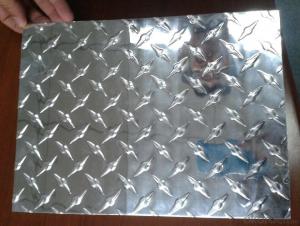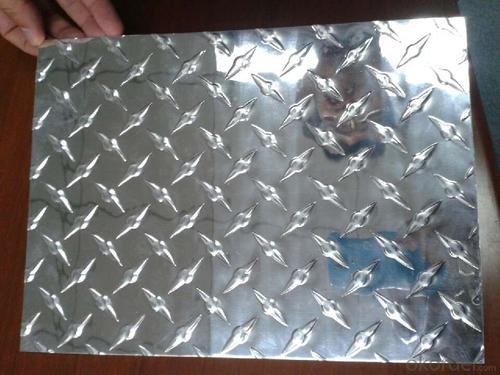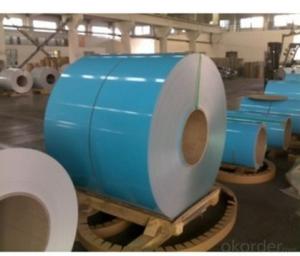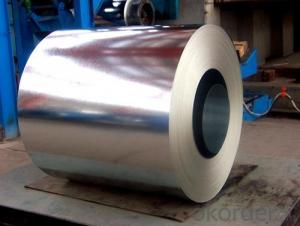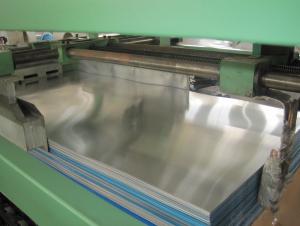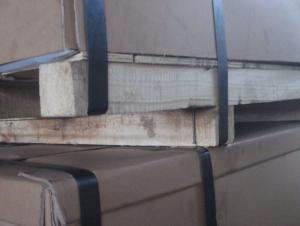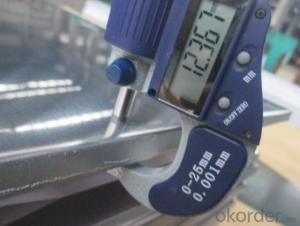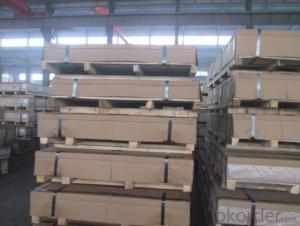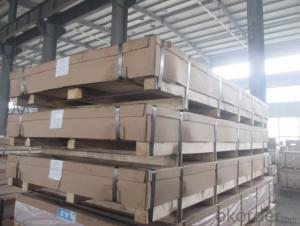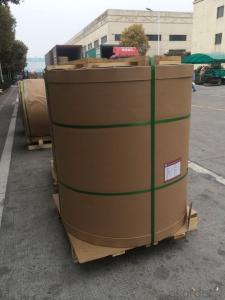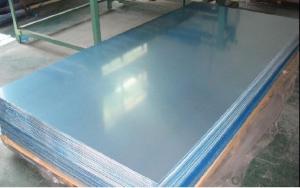Aluminum Sheets South Carolina - Aluminium Checkered and Mirror Sheet in Our Warehouse with Better Price
- Loading Port:
- Shanghai
- Payment Terms:
- TT OR LC
- Min Order Qty:
- 3 m.t.
- Supply Capability:
- 5000 m.t./month
OKorder Service Pledge
OKorder Financial Service
You Might Also Like
Specification
1.Structure of Product Description
CNB, INTERNATIONAL CORPORATION'S Aluminum checkered sheet and mirror sheet and best-selling price with shortest delivery time, sheet is widely used in the field of industrial construction field and decoration field, etc.
There are alloy nubmer: 6000 series,7000series, 8000 series, etc. The detailed grade are as 3003, 5052,5754,6061,6063,8011, etc.
The temper is include O, H111, H112, H114,etc.
2. Main features of the product
a.Competitive price
c. Shortest service.
3. Image.
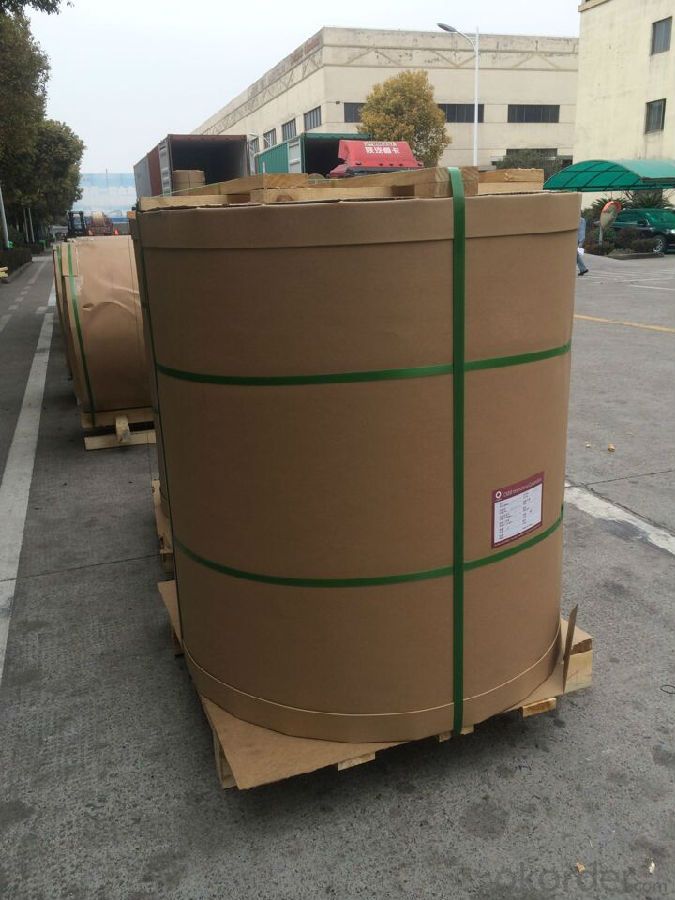
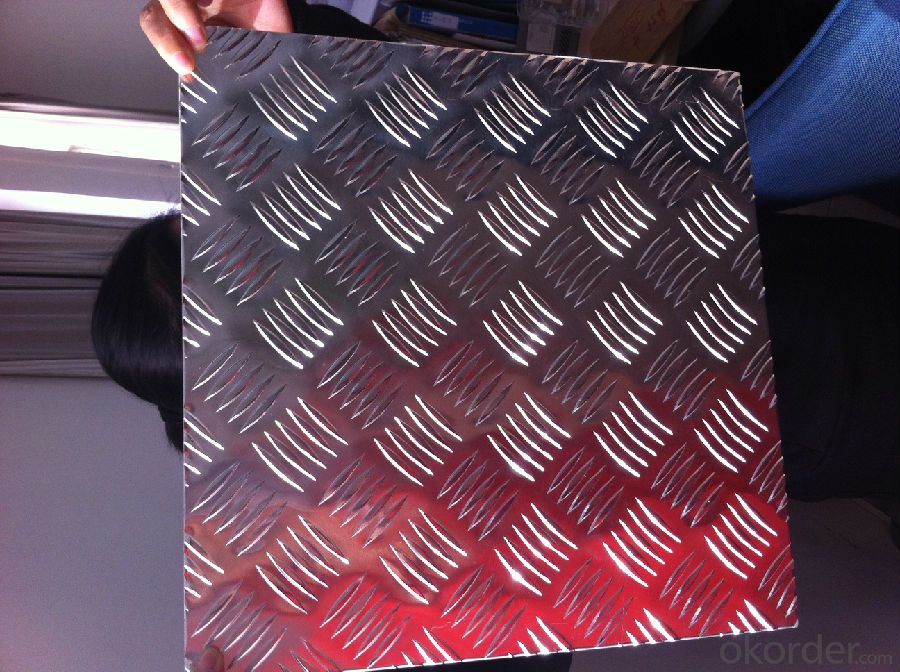
4. Product detailed sizes:
1000mm*2000mm,1219mm*2438mm,500MM*500MM,1000*1000mm, etc.
5. FAQ:
What is the quality standard?
---Usually our standard is GB3880-2006 or others.
What is the width range?
---It is from 500mm to 2500mm, etc.
What is the length range:
---It is from ur products yet?
---Normally it is around 2 tons/each size.
How many tons did you export in one year?
---Normally it is around 8900 tons totally.
Where is your client from?
---Normally it is from Pakistan,Saudi Arabia, BANGLADESH,PAKISTAN,FIJI, England,Turkey,etc.
What is big-5-bar aluminium checkered sheet,small-5-bar aluminium checkered sheet,mirror finish aluminium sheet, aluminum casting coil, etc.
- Q: Are aluminum sheets suitable for beverage cans?
- Yes, aluminum sheets are suitable for beverage cans. Aluminum is lightweight, resistant to corrosion, and can be easily shaped into cans. It also provides a protective barrier against light and air, ensuring the quality and freshness of the beverages inside.
- Q: What is the thickness of an aluminum sheet?
- The thickness of an aluminum sheet can vary depending on its specific application and desired properties. Standard aluminum sheet thicknesses can range from 0.2 millimeters (0.008 inches) to several millimeters (0.1 inches or thicker).
- Q: Are aluminum sheets easy to clean and maintain?
- Aluminum sheets prove to be fairly effortless to clean and upkeep. Due to its innate resistance to corrosion and rust, aluminum stands as a material requiring minimal maintenance. When it comes to cleaning aluminum sheets, a gentle soap and water solution, combined with a soft cloth or sponge, will suffice. It is advisable to refrain from utilizing abrasive cleansers or scrub brushes, as they possess the potential to mar the surface. Furthermore, it is imperative to thoroughly dry the aluminum sheets following cleaning in order to prevent the occurrence of water spots or stains. Routine maintenance entails promptly wiping away any spills or stains and periodically administering a protective coating to enhance its durability. All in all, aluminum sheets present themselves as a convenient option for individuals in search of a material that is both easy to clean and maintain.
- Q: Are aluminum sheets resistant to UV radiation?
- Yes, aluminum sheets are highly resistant to UV radiation.
- Q: What are the properties of anodized aluminum sheets?
- Anodized aluminum sheets have several distinct properties that make them highly desirable for various applications. Firstly, anodized aluminum sheets have a protective oxide layer on their surface, which enhances their corrosion resistance. This oxide layer is formed through an electrochemical process called anodization, where the aluminum sheet is treated with an electric current in an acid electrolyte solution. This protective layer makes anodized aluminum sheets more durable and capable of withstanding harsh environments, which makes them suitable for outdoor applications. Another notable property of anodized aluminum sheets is their enhanced scratch resistance. The anodization process not only creates a protective layer but also hardens the surface of the aluminum, making it more resistant to scratches and wear. This property is particularly advantageous in applications where the aluminum sheets are subjected to frequent handling or abrasive conditions. Furthermore, anodized aluminum sheets can be produced in a wide range of colors. The anodization process allows for the integration of dyes or pigments into the oxide layer, resulting in a variety of vibrant color options. This property makes anodized aluminum sheets popular in architectural and decorative applications, as they can be customized to match specific design requirements. Additionally, anodized aluminum sheets have excellent thermal and electrical conductivity. The process of anodization does not significantly affect these inherent properties of aluminum. Therefore, anodized aluminum sheets can efficiently dissipate heat and conduct electricity, making them suitable for applications such as heat sinks, electronic enclosures, and electrical components. In summary, the properties of anodized aluminum sheets include enhanced corrosion resistance, improved scratch resistance, a wide range of color options, and excellent thermal and electrical conductivity. These properties make anodized aluminum sheets a versatile and durable material for various industries and applications.
- Q: The idea that you can adequately protect yourself from the Alien and government thought transmissions with a 'tin-foil / aluminum hat is just a myth. The correct and real thing to use is an aluminum construction site type of hard-hat. That is why the government and all major defense contractors wore aluminum hard-hats back in the 1950's. The plastic and fiber glass hard-hats that they use now is only because the Aliens got wise to the old aluminum hard-hat trick and outlawed them after the Aliens and their Illuminati minions took over after President Truman got out of office. Everyone knows that.So does any company anywhere in the world currently defy the Alien’s production ban on aluminum hard hats? Or is e-bay and garage sales the only source of aluminum construction site hard hats?
- One opened up down the street, but closed shortly after the building was abducted and all it's employees probed. Right now, most men who are wise to this live in a state of fear. We need a hero. Somebody who can stand up to the aliens. Somebody who is immune to tractor beams. Maybe if we become lazy and obese enough, the ships won't have enough power to lift us. That's why, after the tin foil hard hat joint closed, 3 all you can eat KFCs sprung up.
- Q: Can aluminum sheets be used for insulation jackets?
- Indeed, insulation jackets can indeed employ aluminum sheets. Aluminum possesses exceptional thermal conductivity characteristics, enabling it to proficiently deflect heat and hinder the transmission of thermal energy. Consequently, it becomes the perfect substance for insulation jackets, as it aids in preserving temperature regulation and reducing heat loss or gain. Furthermore, aluminum sheets are lightweight, long-lasting, and impervious to corrosion, rendering them a pragmatic option for insulation applications.
- Q: This question asks for methods to determine the thickness of aluminum sheets.
- <p>To measure the thickness of aluminum sheets, you can use various methods including mechanical thickness gauges, ultrasonic thickness gauges, or calipers. Mechanical gauges are simple and involve sliding a foot along the sheet until it bottoms out on both sides. Ultrasonic thickness gauges use sound waves to measure thickness and are non-destructive, providing accurate measurements. Calipers can also be used for manual measurement, though they may be less precise for very thin sheets. Always ensure the measuring device is calibrated and suitable for the material and thickness range of the aluminum sheet in question.</p>
- Q: Are aluminum sheets suitable for use in cryogenic environments?
- Yes, aluminum sheets are suitable for use in cryogenic environments. Aluminum has excellent thermal conductivity, low density, and good mechanical properties at low temperatures, making it an ideal choice for applications in cryogenic environments. Additionally, aluminum has a low coefficient of thermal expansion, which allows it to maintain its structural integrity even under extreme temperature fluctuations.
- Q: What are the different types of coatings applied to aluminum sheet?
- There are several different types of coatings that can be applied to aluminum sheet, each with its own unique properties and benefits. Some of the most common types of coatings include: 1. Anodizing: This is an electrochemical process that forms a protective layer of aluminum oxide on the surface of the sheet. Anodizing provides excellent corrosion resistance and enhances the appearance of the aluminum by creating a durable, colorful finish. 2. Powder Coating: In this process, a dry powder is electrostatically applied to the aluminum sheet and then cured under heat to form a hard, protective coating. Powder coating offers excellent durability, resistance to chipping and scratching, and a wide range of colors and finishes. 3. Paint: Aluminum sheet can also be coated with paint, which provides both aesthetic and protective benefits. The paint can be applied in liquid form and then cured under heat to form a strong, durable coating. Paint coatings offer a wide range of colors and finishes, allowing for customization and design flexibility. 4. Laminating: Laminating involves applying a thin layer of protective film or laminate to the surface of the aluminum sheet. This coating provides additional protection against scratches, abrasion, and UV damage, while also enhancing the appearance of the sheet. 5. Conversion Coatings: Conversion coatings are chemical treatments that convert the surface of the aluminum sheet into a more corrosion-resistant compound. Common conversion coatings include chromate conversion coatings and phosphating, which provide a protective layer that improves adhesion of subsequent coatings. 6. Clear Coatings: Clear coatings, such as lacquer or clear powder coat, can be applied to aluminum sheet to provide protection against oxidation and corrosion while preserving the natural appearance of the metal. Clear coatings are often used when the goal is to maintain the metallic look of the aluminum. These are just a few examples of the different types of coatings that can be applied to aluminum sheet. The choice of coating will depend on factors such as the desired appearance, level of protection required, and the specific application of the aluminum sheet.
Send your message to us
Aluminum Sheets South Carolina - Aluminium Checkered and Mirror Sheet in Our Warehouse with Better Price
- Loading Port:
- Shanghai
- Payment Terms:
- TT OR LC
- Min Order Qty:
- 3 m.t.
- Supply Capability:
- 5000 m.t./month
OKorder Service Pledge
OKorder Financial Service
Similar products
Hot products
Hot Searches
Related keywords
